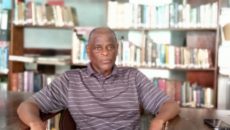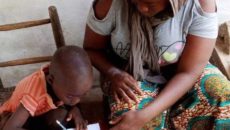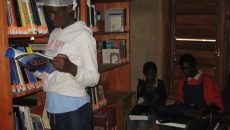MONROVIA, Montserrado – It is no secret that education remains a major challenge for Liberia. The literacy rate is estimated at 43%. Among some sections of the population, the figure is even worse – only 17% of women ages 45─49 years are literate.
The Friends of Liberia, also known as FOL, is an organization that has trained early childhood educators for over 14 years and is all too familiar with these challenges. When FOL trainers realized that one of the challenges to having children read on schedule was poor reading habits at home, the group decided to take a family-based approach to addressing the literacy issue.
Partnering with HIPPY International and the Monrovia-based We-Care Foundation, the group has launched a family literacy initiative in Liberia. The pilot phase of the program will last for one year and should target a total of 60 families, with 20 families each from the three target communities – Duazon, Caldwell, and West Point.
FOL’s representative, Barbara Kamara, arrived in the country a week ago along with HIPPY International Director Miriam Westheimer to train coordinators and home visitors. She said the major goal of the program was to have children entering schools prepared to learn.
Kamara said children are often not in school until they are five, six or seven years old, contrary to the legal requirement that children should be in grade one at the age of six.
“The law says that children should be in school by the time they are six,†Kamara said. “And so by the time they are six, we want them to be able to do these basic things – say their names, know their parents’ name, know their ages, know their colors and do some basic things that they should know.â€
According to Kamara, a lot of research have proven that given opportunities for children to learn in their early ages can produce good results with regards to educational achievements.
Many states in the US, in addition to the US Department of Education, are now recognizing the importance of quality education at the early stages of a child’s life and are increasing funding to such programs.
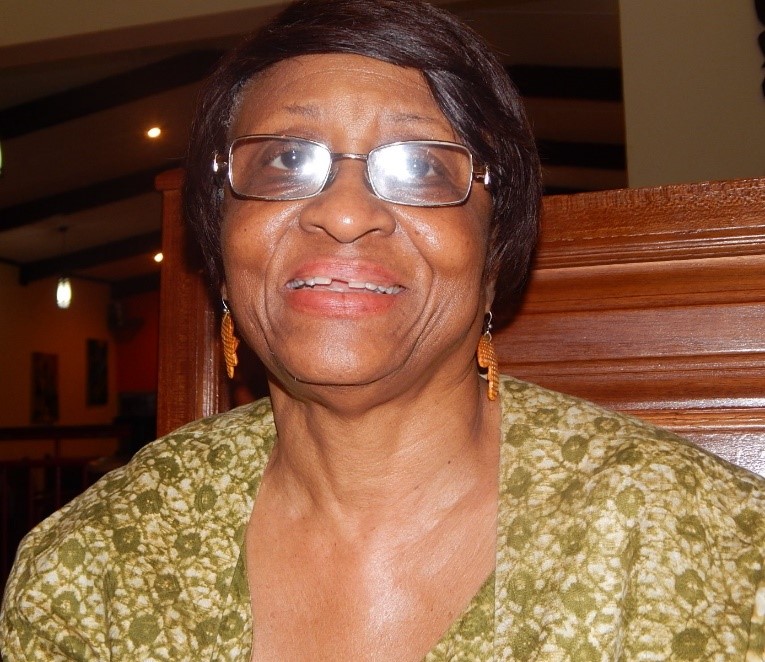
Barbara Kamara, Representative for the Friends of Liberia. Photo: Gbatemah Senah
Kamara said when a child is engaged in literacy activities at a very young age, both that child and the parents are positively impacted.
She also added, “We understand that there are many parents who cannot read themselves – that’s why in the pilot program we are not only working with the immediate parents but someone else in the home or in the immediate community who is with the child a lot.â€
She said they were partnering with HIPPY due to its global success in implementing similar literacy programs.
With interests from the government and other organizations in Liberia, Kamara was optimistic that the program would continue on a larger scale after the pilot project.
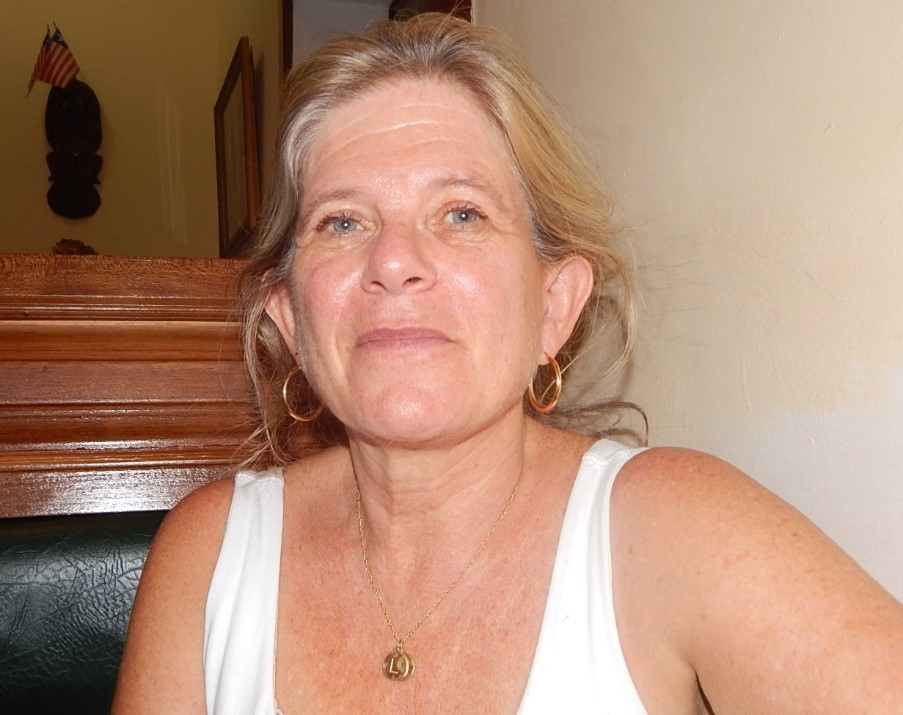
Dr. Miriam Westheimer, Director for HIPPY International. Photo: Gbatemah Senah
Westheimer said HIPPY International was glad to partner with FOL in introducing the family literacy initiative in Liberia. Liberia becomes the first country in West Africa to benefit from the organization’s programs since it was founded 25 years ago in the US. Twelve countries now host HIPPY programs including South Africa.
With the HIPPY program, “parents are provided with a set of carefully developed curriculum, books, and materials designed to strengthen their children’s cognitive skills, early literacy skills, social or emotional and physical development,†Westheimer told The Bush Chicken in an interview.
To implement the program, Westheimer said two coordinators and 12 home visitors from the three targeted communities have received a week-long training in Monrovia.
“We are preparing them to learn the curriculum so that they can work with parents, and the parents will work with their children,†she said.
The commitment and enthusiasm from people she has met since arrival has left her with no doubt that the goals of the program will be achieved.
Because the program is new in Liberia, Westheimer said there would be challenges accommodating the Liberian context to have local stories, characters, words, and concepts.
The curriculum provides a weekly package of activities for parents and children including both fun activities and ones that include explicit learning.
Participation in the program, books, and other learning materials will be provided to the selected families at no cost.
The program will be implemented by the We-Care Foundation, a local not-for-profit educational organization. Kamara said FOL selected the We-Care Foundation “because they have been engaged in literacy initiatives for a long time, and they have a track of success in this direction.â€
We-Care Foundation’s Coordinator, Yvonne Weah, said they selected the three targeted communities because there are many parents who can barely afford to even feed their children, let alone educate them.
“If you go into West Point, for example, you will see the need, and if we must make a turn or a change in our educational system that has been having a downward trend, we need to get to know where the problems lie,†Weah noted.
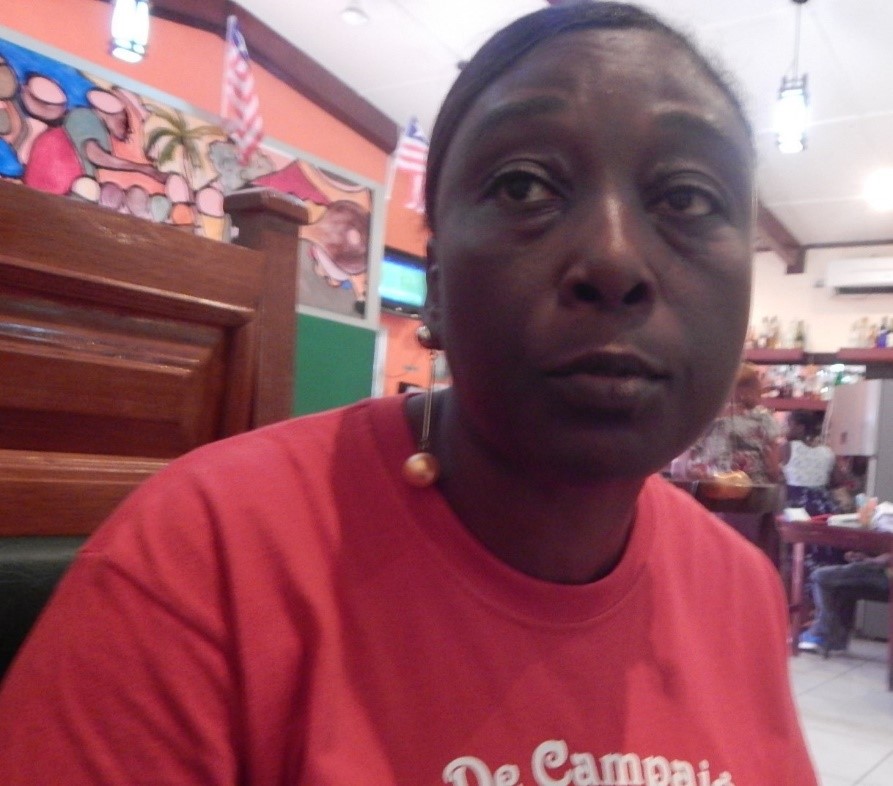
Yvonne Capehart Weah, Coordinator for We-Care Foundation. Photo: Gbatemah Senah
During the program, she said parents would spend at least 15-20 minutes with their children every day for five days. A We-Care coordinator will visit each home once a week, providing guidance and home education.
“We also want parents to know how important those early years are for them to build that relationship and contact with their children,†she explained.
She said in a family with both parents illiterate, another member in the family would help provide the home education. “But there are other activities you do not need to be literate to do with your child, so we will have the parents doing that,†she added.
Weah said her organization, which was established in 1992, has several educational programs currently running in the country.
The We-Care Foundation also owns and operates a public library in Monrovia and develops books, trains writers and illustrators to write and illustrates local culturally relevant books. These resources and services are provided at no cost.
John Kollie, a resident of Duazon community, said he was happy about the literacy program and hoped that his family would benefit from it in the future.
He said home education, especially for children at tender ages, was very important to a child’s development.
“I think this is a very good initiative that individual families can borrow to help their children,†he said.
Janet Thomas, a mother of three in Unification City, believes the program will help build love and unity in most homes.
“It is rare in Liberia for parents and their children to really spend family moments or to see a father in most cases helping his children with their lessons,†she said.
Siah Dorbor, a student of the Firestone-Liberia Schools, thinks such a program will allow children to have more access to their parents and enjoy parental care and guidance.
“In many homes, parents, especially fathers, are too busy to be with their children. This program I think will really help create awareness for family value and parental care,†she said.
She encouraged the organizers to extend the family literacy initiative to her community and allow more families to benefit.
FOL is a non-governmental, non-profit organization of professionals and former Peace Corps volunteers in Liberia since the 1960s. The group is based in the United States with members living in the US and other foreign countries.
The article has been edited to indicate that 60 families will be included in the pilot project, instead of the 25 reported earlier. Featured photo by Direct Relief

